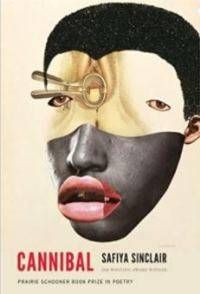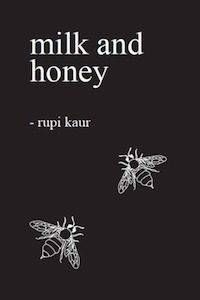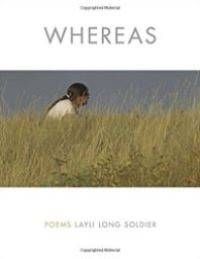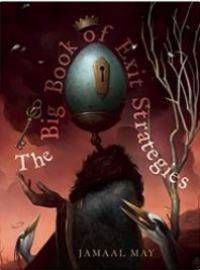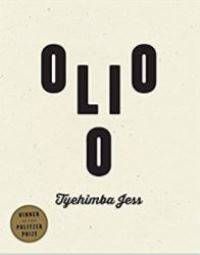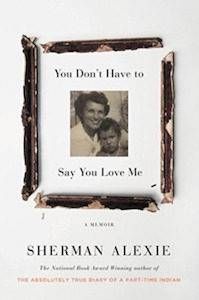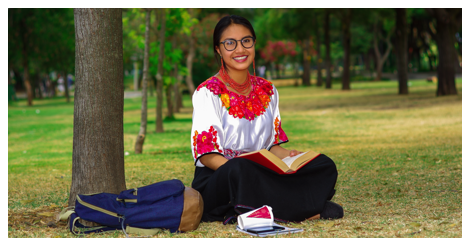
The Poetry I’ve Purchased Since November
Every bookstore and library I enter, poetry stands, a fraction of the other sections. At the library with tall ceilings, not even a bookcase. At my local bookstore, half of a row. At Barnes & Noble, a hard-to-find three shelves. If there’s not a prize on it, good luck. Is poetry the middle child of the genres?
That hurts my heart because poetry, after the Pacific, was my first love. At sixteen, I waded into the genre, writing crappy poems in my rose-decorated bedroom. I welcome everyone to laugh with/at me: mistaking my angst for lyricism. (So right about everything, I miss that certainty. Can I have just a dash of teenager, please?)
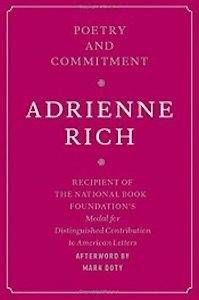
How true. One of my greatest consolations, especially after November, have been poems: writing them, reading them, sharing them, bringing them home. Call it one of my actions. Here are the poetry collections I’ve bought since November.
Cannibal by Safiya Sinclair – Not a wasted word, her debut collection shines. I read it slowly to savor it, not wanting it to end. From “Mermaid” (an eternal obsession of mine): “That mint tea whistling in the Dutch pot is stronger than liquor, and takes six spoons of sugar, please—what can I say, my great-grandfather’s blood was clotted thick with sugar cane and overproof rum; when he bled it trickled heavy like molasses, clotted black like phlegm in the throat.”
Whereas by Layli Long Soldier – The word whereas has interested me for a decade—maybe longer—who it includes, who it excludes, what it adds, what it steals. I first learned of Long Soldier in a tweet, Joy Harjo’s.
The Big Book of Exit Strategies by Jamaal May – Evidence of good writers leading you to good writers, I first heard May read “As the Saying Goes” while listening to an AWP podcast episode featuring the poetess above. It was night. Washing dishes, I dried my hands twice to rewind.
Olio by Tyehimba Jess – A fan of Wave Books (who published one of my favorites, Bluets by Maggie Nelson), I first encountered Olio and Jess on Between the Covers with David Naimon. I had to experience those perforated fold-out pages, the amazing Pulitzer-winning project.
You Don’t Have to Say You Love Me by Sherman Alexie – I’ve been singing his praises and buying (and receiving) his books during their publication week since War Dances. This memoir includes—yes—poems.
Because of the vulnerable state of things, I strive to be a mindful consumer, supporting my passions. For words and those who pen them, I drive my beloved teenage car to bookstores, especially indies, to shop because seeing my personal landmarks (Schuler Books & Music on Alpine, Waldenbooks in the Lahaina Cannery Mall, and all of the Borders) close crushed me. As horrible news inundates us again and again, I run to poetry, love, which soothe like balm again and again. It feels right to end with Rich’s words: “when poetry lays its hand on our shoulder, . . . we are, to almost a physical degree, touched and moved.”



